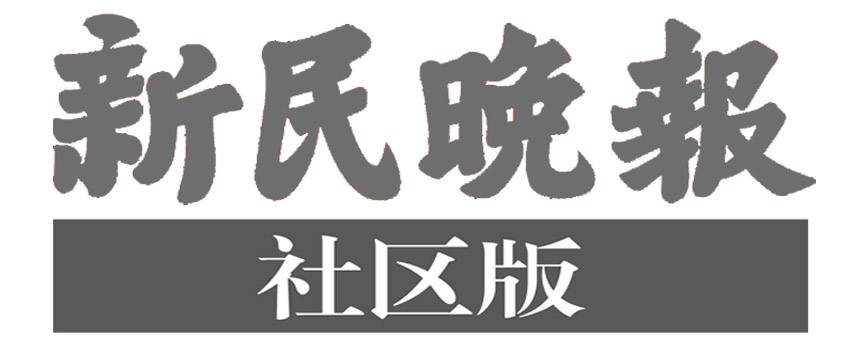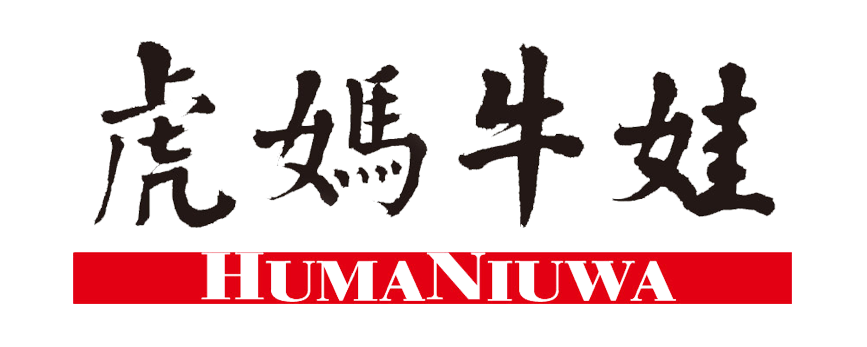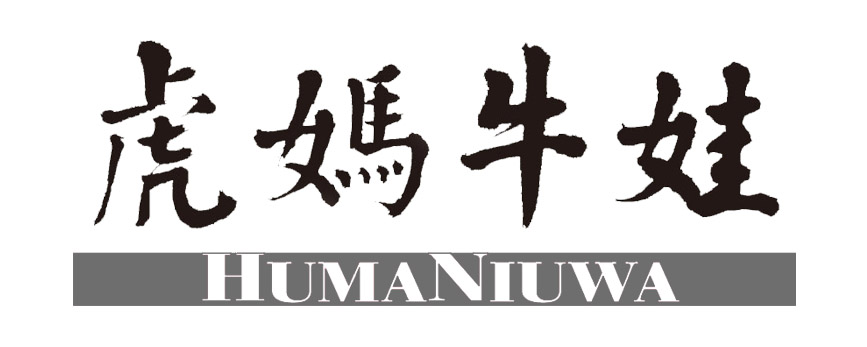For Brady Riddle, MUN Director and high school English Literature teacher at Shanghai American School, Pudong Campus, his most important value is being a collaborative and cooperative-minded individual. After leaving the USA in 2005 to teach in Muscat, the capital city of Oman, and then later Shanghai in 2015, not only did these experiences further open Brady’s mind but also that of his wife (who is also a teacher at SAS) and their children. When asked about why he thought collaboration is his most important value Brady says that it is inherent to living a positive life, and that positivity is best accomplished by finding rewards in achieving common goals with others.

Alongside SAS’s growing IB curriculum, which is becoming a popular angle towards education, SAS has implemented a way for their students to learn and adopt the value of collaboration through a programme called ‘MUN’. The ‘Model United Nations’ programme is exactly what it sounds. Students from the ages of twelve to eighteen gather together to debate in public forum and offer up resolutions to answer real world issues. The best, and perhaps most wonderful, part is each time the MUN meet the students act as speaker and representative of different countries different to that of their nationality or home country. So, American students may represent Bangladesh, South Korean students may represent Botswana, and Chinese students may represent Germany, and so on. As a first year coordinator of the MUN programme, Brady states that it supports the value of collaboration by constantly feeding a lust for knowing more about the world.
Unlike the real UN, the students have to research their elected country to understand how best to support it and act on its behalf. This includes having an understanding of the country’s economic, political, cultural and industrial stance. And in contrast to traditional debate, whereby in order to win the debate you must knock down your opponent’s points by negatively disproving them, the philosophy methodology at SAS is to promote productive debate and finding positive resolutions. And as the MUN programme is student led, this provides the ideal situation for students to cooperate with one another.























 沪ICP备15036271号-2
沪ICP备15036271号-2